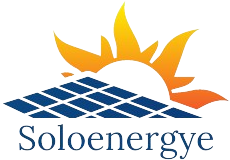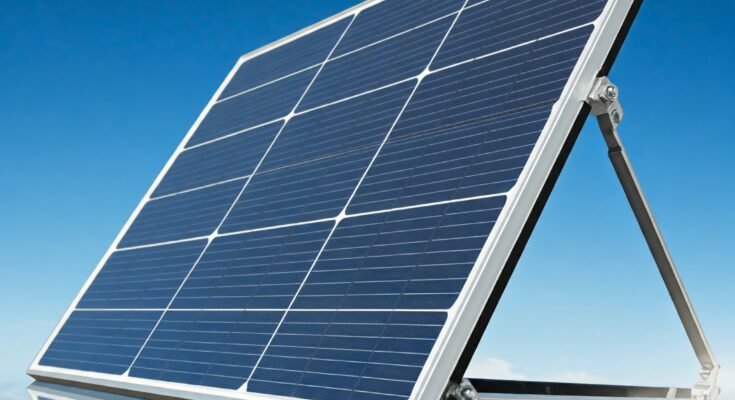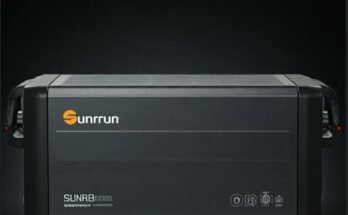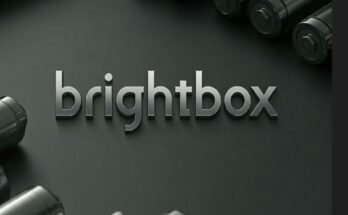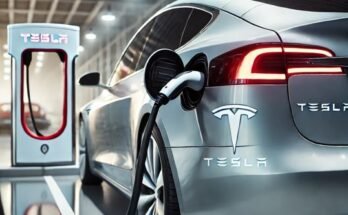Solar panels have proved to be an efficient and eco-friendly means of producing power in the present scenario, with increasing energy demands and ecological concerns. The question How to choose a good solar panel? Is common whatever your residential, commercial, or industrial power requirements are, selecting the right type of solar panel is very important so that efficiency and returns on investment can be optimized. The article will take you through some key features and specifications of high-quality solar panels that facilitate making an informed decision.
Characteristics of a good solar panel:
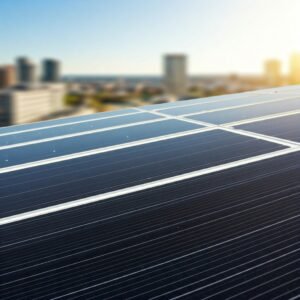
High Efficiency:
Efficiency is the rated capacity of a solar panel that can be turned by sunlight into electricity. Three higher classes of solar panels have an average efficiency rate of 19-22%. The most efficient ones available, suitable for a small space area since they can give greater power supplied per square meter, can be chosen.
Durability:
The good solar panels are designed to withstand the various types of weather, be it heavy rain, hail, or extreme temperatures. They generally come with a strong build and a sturdy frame, which is most probably anodized aluminum.
Warranty:
The performance warranty of any quality solar panel specifies that the panel will generate for 25 years or more. In other words, over its lifetime, the present output of the panels will deteriorate to a specific percentage, normally in the range of 80-90% of what it was when it left the factory.
Temperature coefficient:
The temperature coefficient is how well a panel can perform once the temperature increases. The lower coefficients tend to offer better performance in hot climates and, therefore, are ideal for areas with very strong sunlight.
Types of Solar Cells:
Monocrystalline:
These are sleek black and extremely efficient. They would do well in small areas.
Polycrystalline:
Slightly less efficient but cheaper and, therefore, more viable for bigger installations when space is not a factor. Thin Film: Light and flexible, slightly less efficient, came for special applications.
Certification:
Ensure the solar panels are certified by relevant authorities, such as the International Electrotechnical Commission or Underwriters Laboratories, regarding their safety, quality, and reliability.
Important Specifications to Consider:
When buying solar panels, the following are some specifications required to help you assess the suitability of the panels
Power Output-Wattage:
They normally range between 250W to 600W. High-wattage panels produce more electricity, and so for higher, bigger systems, they would be the highest.
Efficiency (%):
As earlier maintained, the higher the efficiency rate, the better it is to maximize energy production within small spaces.
Voc (Open Circuit Voltage):
This is the maximum voltage a panel can produce under ideal conditions. It is important for system compatibility.
Isc: Short Circuit Current:
Current is created when the panel output is shorted. This indicates the power potential of the panel.
Dimensions and Weight:
Check the size and weight to see if it will work with your installation site and mounting system.
Temperature Coefficient (%):
A good temperature coefficient is usually -0.3%/°C or less and offers minimal efficiency loss at high temperatures.
Panel Type:
Bifacial Panels:
They can absorb sunlight from both sides for increased energy output.
Half-Cut Cells:
Increased efficiency, and reduced power losses in shaded areas.
Top Brands – High-Quality Solar Panels:
In the list of good solar panels, SunPower is known for industry-leading efficiency and durability. LG Solar Provides high-caliber panels that boast innovative technologies. Canadian Solar is an affordable option, with reliable performance. Trina Solar has good value and an interesting set of advanced features. JA Solar is a high-performance panel with a green concept, Sunrun, a complete solution for home and commercial use.
Conclusion:
Investing in good solar panels is the art of not finding the cheapest, but it’s all about price, efficiency, and long-term performance. Before investing in a panel, assess your energy needs, installation space, and budget.
